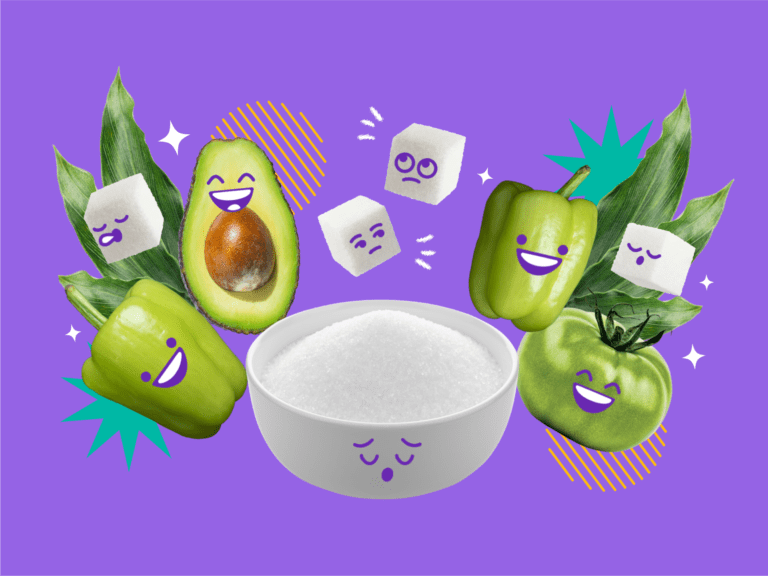
Vegan Vietnamese Cuisine and the Plant-Based Revolution
Chef Kim Vo arrived as a refugee in Canada at the age of 2. She now runs a plant-based Vietnamese ghost kitchen and catering concept. Her experiences with food at a young age were the inspiration behind the launch of her innovative take on classic Vietnamese dishes. Learn more about



